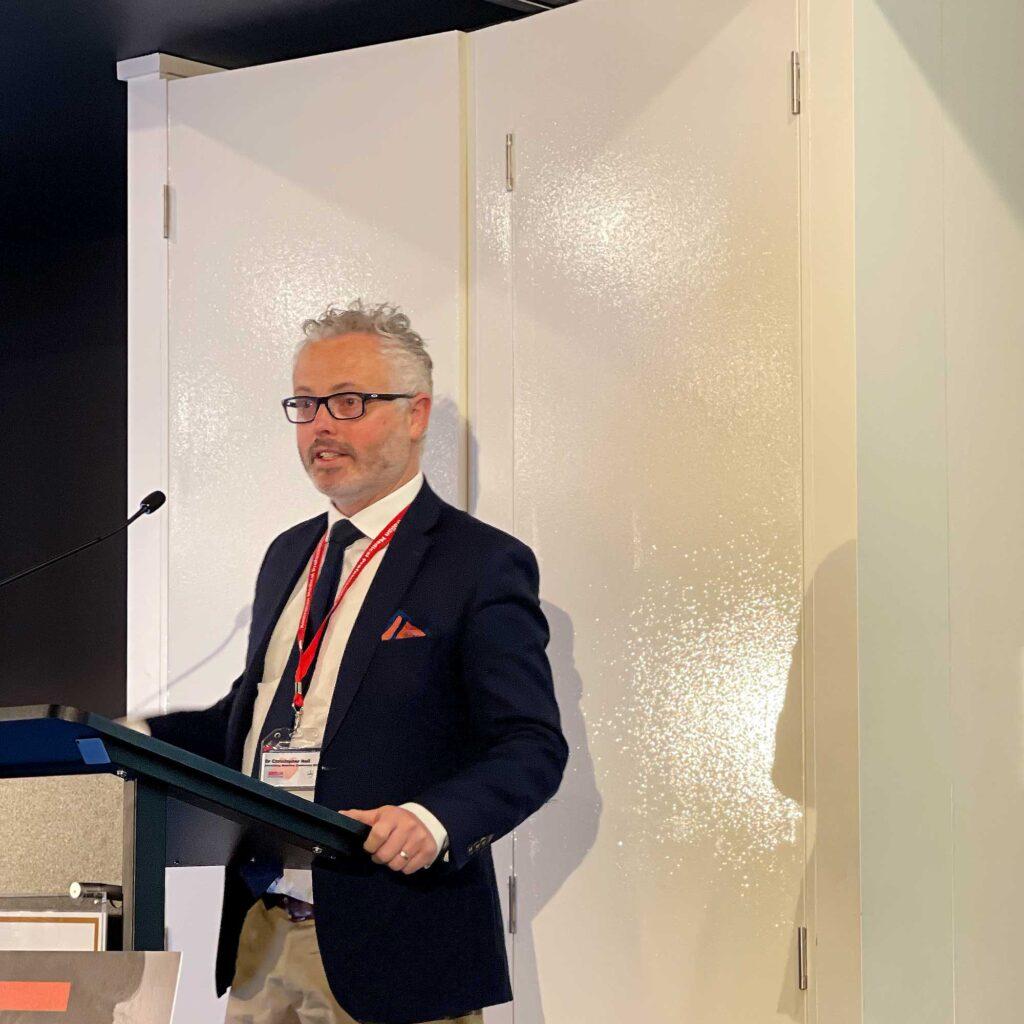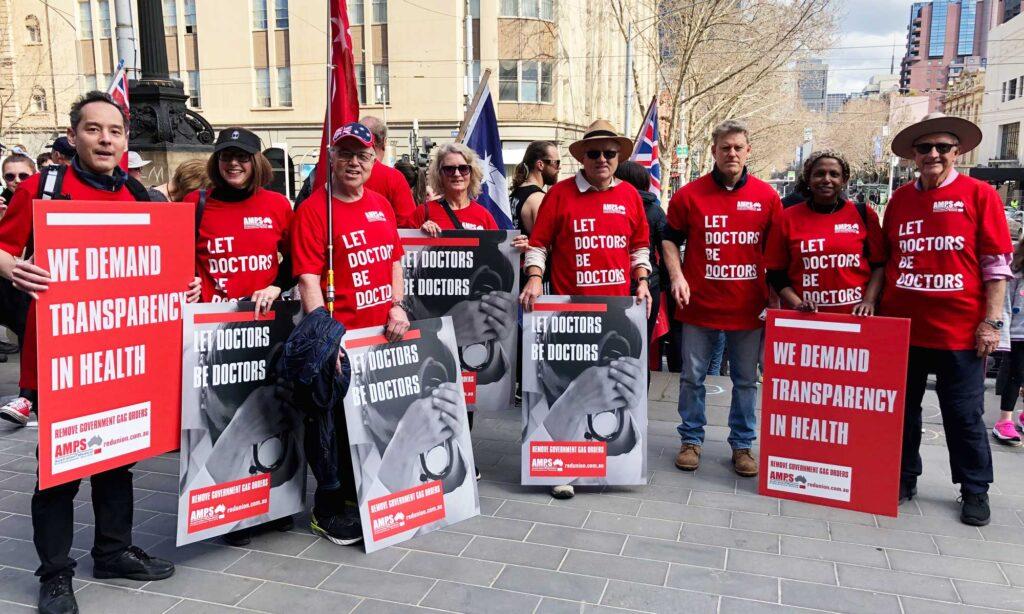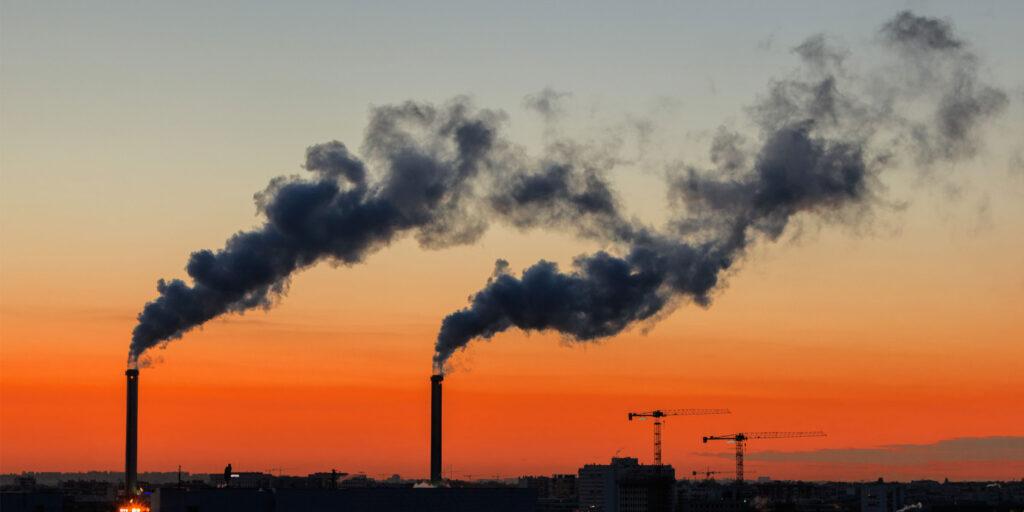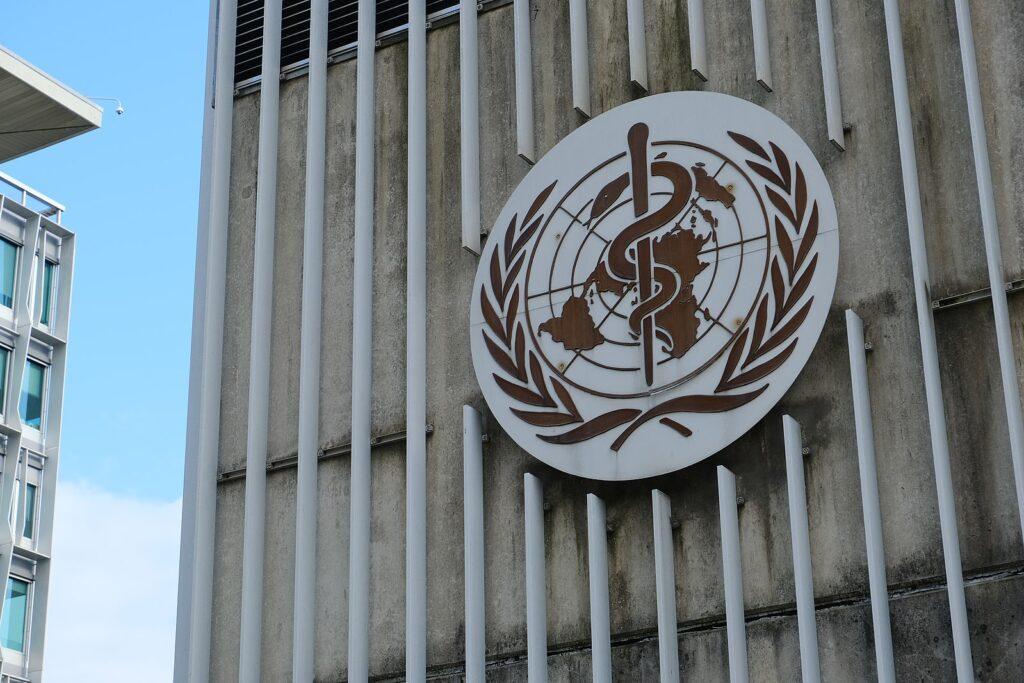Australian doctors claim that medical regulators AHPRA and the Medical Board are bringing about a ‘dangerous shift’ in the medical profession, jeopardising patients.
Cardiologist and president of the Australian Medical Professionals Society (AMPS), Dr Chris Neil, warns that a culture of fear and silence in Australian medicine is undermining the doctor-patient relationship. Dr Neil says that AHPRA’s position statement on the Covid vaccine rollout (March 2021) is at the root of this “dangerous shift in Australian medicine,” in which doctors are becoming increasingly beholden to governments and bureaucrats instead of the individual patient.
Dr Neil and AMPS’s concerns were expressed in a letter from AMPS to the AHPRA CEO, Mr Martin Fletcher (14 April 2022): ‘AHPRA’s gag orders impede professional health advice and patient advocacy based on individual patient risk/benefit assessment by labelling such professional advice “the promotion of anti-vaccination statements”, “health advice which contradicts the best available scientific evidence” or “seeking to undermine the national immunisation campaign”.’
These concerns are echoed by former president of the Australian Medical Association (AMA), Dr Kerryn Phelps, who claimed late last year that “Regulators of the medical profession have censored public discussion about adverse events following immunisation, with threats to doctors not to make any public statements about anything that ‘might undermine the government’s vaccine rollout’ or risk suspension or loss of their regulation.”
Phelps breaks AHPRA’s culture of fear https://t.co/MMdmmy1p5g
— Prof Kerryn Phelps AM (@drkerrynphelps) December 23, 2022
AHPRA’s position statement and their aggressive enforcement of it have created conditions for suppression of debate over Covid treatments and measures, discipline and deregistration of dissenting doctors, and censorship of vaccine injuries, in what amounts in some cases to the complete abandonment of patients by doctors who are fearful of being seen as ‘anti-vax’ by the public and the regulator.
Dr Neil says these conditions will be exacerbated by changes to the National Law for Health Practitioner Regulation, which were introduced last October in the Queensland Parliament, as reported by Umbrella News. The changes, which the AMA strongly opposes, will bar doctors from saying anything that could be construed as undermining public confidence in public health policy and will create a culture of ‘guilty until proven innocent’ by allowing medical professionals who are under investigation to be publicly named and shamed by regulators before an outcome is decided.

“What they have created is a Star Chamber effect,” says Dr Neil, in reference to the medieval court of nobles that was used to systematically silence and oppress opponents of King Charles I. History books show that the Star Chamber (named after the star-patterned ceiling of the room in the old palace of Westminster, where secret meetings were held) had a strong chilling effect on dissent. The panel, acting autonomously, was prone to abuses of power. “It’s a watermark of how bad it can get if we let groups rule without oversight or due process,” says Dr Neil.
Dr Mark Hobart has experienced the Star Chamber effect first-hand. Umbrella News previously reported that Dr Hobart’s medical licence was suspended in November 2021 after third-party reports were made to regulators about vaccine exemptions that he had issued to patients. Though AHPRA has yet to find him guilty of anything, Dr Hobart has been suspended without an income for over a year while he waits for AHPRA to move forward with his investigation. “I want to have a trial,” says Dr Hobart. “I want them to prove their accusation that I’m a risk to the public. They’ve destroyed my practice. I’ve had no income for 14 months.” Dr Hobart has taken the matter to the Supreme Court to expedite his tribunal.
I stopped when I was shut down. I knew that would eventually happen. I felt I was doing the most important thing I had ever done as a doctor.
— Dr Mark Hobart (@realMarkHobart) August 23, 2022
An AHPRA spokesperson advises that out of the 18,710 notifications it received concerning 14,313 health practitioners in 2021-2022, only 21 health practitioners (12 of which were medical practitioners) were suspended. Of the notifications,1300 were in relation to Covid. All in all, 1.7% of all registered health practitioners were the subject of one or more notifications, which was an increase of 6.2% on the previous year. The devil is not so much in these numbers though, as it is in the chilling effect that the prospect of investigation (and potential suspension) has on doctors’ interactions with patients and the public.
“The process is the punishment,” says Dr Duncan Syme, who, like Dr Hobart, has been suspended indefinitely while he waits for AHPRA to review his case. “While you’re [suspended] under investigation, you cannot earn a living. So, doctors are scared into toeing the line because you can’t risk getting investigated.” In matters where the regulators have inserted themselves between the doctor and the patient (firstly, relating to Covid, and soon, to other areas of public health in some states when the changes to National Law are enacted), Dr Syme says doctors face an impossible decision:
“Are you going to protect yourself or protect your patient?”
A communiqué from AMPS (11 January 2023) advising medical professionals that administration of Covid vaccination may not be indemnified puts this question into stark relief. The letter highlights the lack of government liability protection for medical professionals beyond the federal ‘no fault’ vaccine injury scheme. Referring to the High Court precedent of Rogers vs Whitaker (1992), in which Maree Whitaker, who became essentially blind after an unsuccessful operation, was awarded damages due to the failure of Dr Christopher Rogers to warn her of the possibility of a rare risk before proceeding with an operation, the AMPS letter reminds medical professionals that, “A doctor has a duty to warn a patient of any material risk involved in a proposed treatment, or else risk tortious liability from patients.”
Perth GP Dr Joe Kosterich maintains that the balance can be struck, albeit with great care. Nevertheless, he emphasises that the imminent changes to National Law “must be fought and resisted.” To this end, Dr Kosterich joined AMPS in the Perth leg of their Stop Medical Censorship national tour last November, and he continues to be a vocal critic of medical censorship.
“The assumption that a doctor or CHO who advises the government will never get it wrong is faulty,” says Dr Kosterich, pointing out that new information always comes to light in medicine.
“We have to be able to question things in medicine. If doctors become agents of the government and are not able to advise their patients based on their unique individual circumstances, that becomes very dangerous.”

It is noteworthy some of the claims made by health bureaucrats and official government sources at the time of the Covid vaccine rollout that is now refuted in the peer-reviewed literature. Some of these include: mRNA stays at the injection site; mRNA is short-lived in the body; the spike protein is short-lived in the body; the spike protein alone cannot cause any harm; Covid vaccines do not affect reproductive health; babies, and; the vaccines prevent transmission.
Dr Neil says urgent reform is required to arrest the culture of fear and silence that has taken hold of the medical profession. AMPS has drawn up a Health Reform Declaration to which medical professionals can put their name. Dr’s Kosterich, Hobart and Syme all stated that they also believe that major reform is essential for the best interests of doctors and patients. “It’s simple,” says Dr Hobart. “AHPRA and the Medical Board need to adhere to the law [of valid informed consent] and our code of medical ethics.”
What happens next has implications for all Australians, says Dr Neil. “Any significant shift in medical culture will have a corresponding impact on culture in general,” he says. “We believe Australia is witnessing a negative shift of that nature, through the very real curtailment of the intellectual freedom and independence of doctors and other health professionals, which negatively impacts therapeutic relationships across this nation.”



